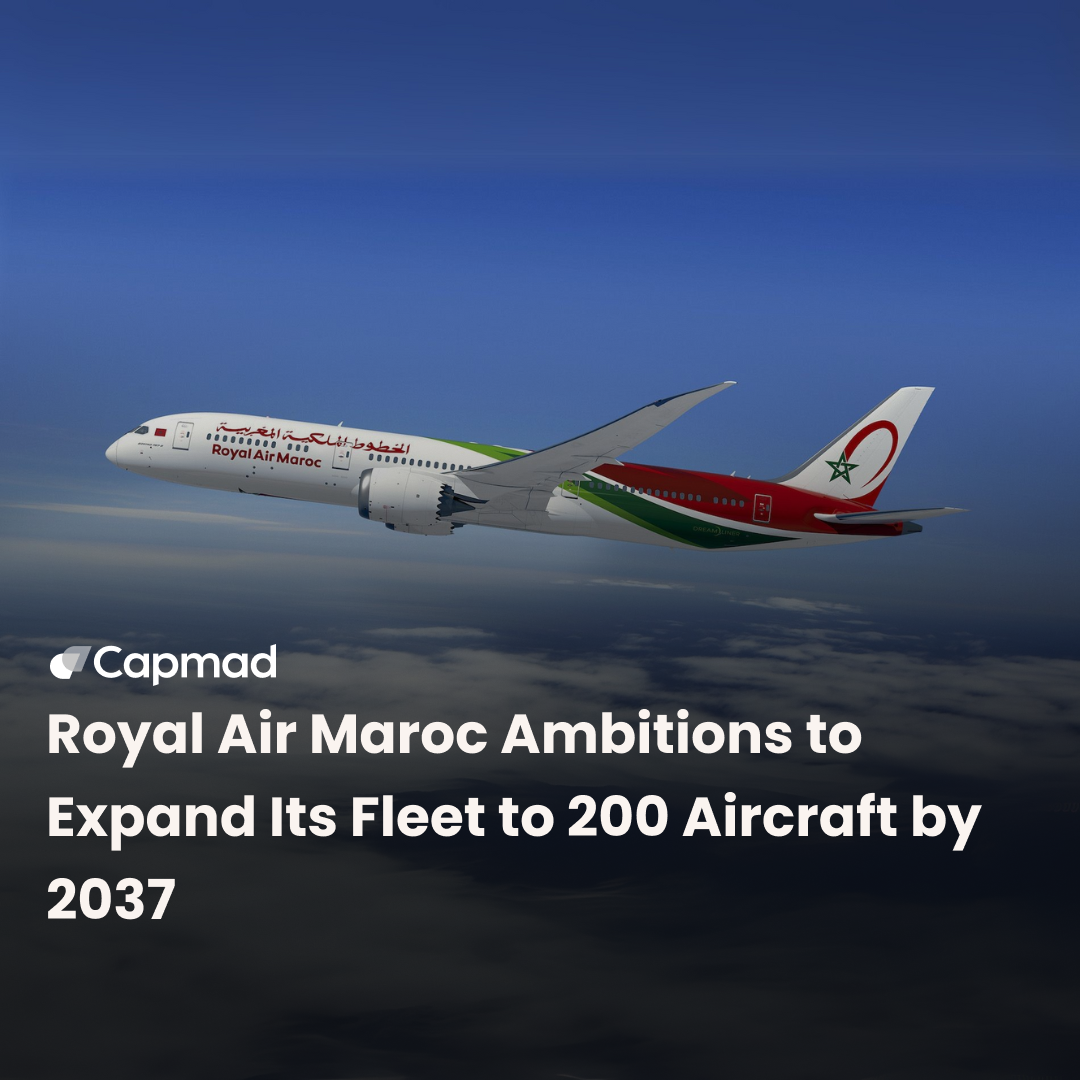This project constitutes the first phase of a global program aligned with Senegal’s Vision 2050, aimed at supporting territorial development and sustainable growth.
To Transform Urban Mobility in Dakar
The World Bank has approved a concessional financing of 100 million USD through the International Development Association (IDA) to support an ambitious project aimed at transforming urban mobility in the Dakar metropolitan area, which has a population of 3.8 million.
An Integrated and Sustainable Transport System
This project aims to establish an integrated transport system linking the Bus Rapid Transit (BRT) network and the Regional Express Train (TER) with restructured bus networks. The goal is to create a hierarchical network of priority bus lines that seamlessly integrate with existing public transport systems, thereby improving fluidity and connectivity in the Senegalese capital.
Professionalization and Inclusion of Informal Operators
A significant part of the project focuses on structuring and professionalizing informal transport operators through training programs and the renewal of their vehicle fleets. This approach seeks to enhance service quality while providing structured and protected employment to thousands of informal sector workers.
Extension to Secondary Cities and Climate Resilience
The financing will also support preparatory studies for the implementation of a second BRT line as well as essential mobility infrastructure in Senegal’s secondary cities. The project incorporates climate resilience standards, including improved drainage systems and nature-based solutions to address flood risks.
Economic and Environmental Impact
According to Keiko Miwa, World Bank Country Director for Senegal, this initiative will open economic opportunities for 3.8 million people and contribute to inclusive growth. The deployment of low-emission buses and improved traffic management will help reduce the transport sector’s environmental footprint, promoting sustainable urban development.
The First Phase of an Ambitious Program
This project represents the first phase of a comprehensive program aligned with Senegal’s Vision 2050, aimed at supporting territorial development and sustainable growth. It lays the groundwork for future phases, including potential expansion to other regional hubs and additional public transport corridors.






